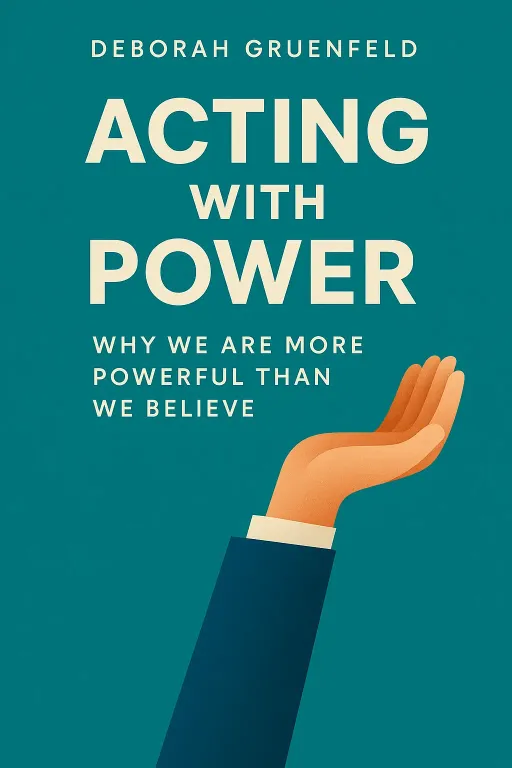
Acting with Power
Deborah Gruenfeld
A groundbreaking approach to power, revealing that true, lasting power comes not from chasing personal stature but from using the power you already have to make a difference in the lives of others. Learn how to navigate power dynamics, overcome insecurities, and use your influence for good, whether you're in a position of leadership or striving to step into a bigger role.
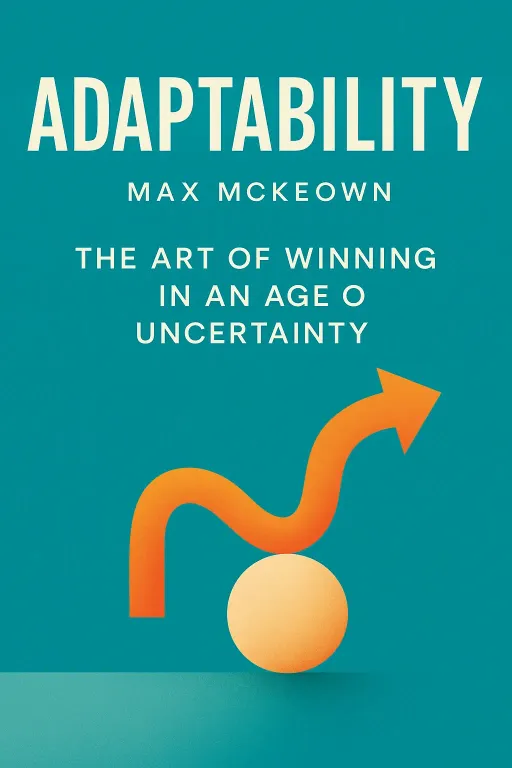
Adaptability
Max McKeown
In a world of constant change, adaptability is the key to success. This book explores how individuals, groups, and organizations can learn to adapt and thrive in the face of uncertainty. Discover the rules of adaptability and learn how to create a better game, a better situation, and a better life for all.

An Elegant Puzzle
Will Larson
An Elegant Puzzle orients around the particular challenges of engineering management—from sizing teams to managing technical debt to succession planning—and provides a path to the good solutions. Drawing from his experience at Digg, Uber, and Stripe, Will Larson has developed a thoughtful approach to engineering management that leaders of all levels at companies of all sizes can apply.
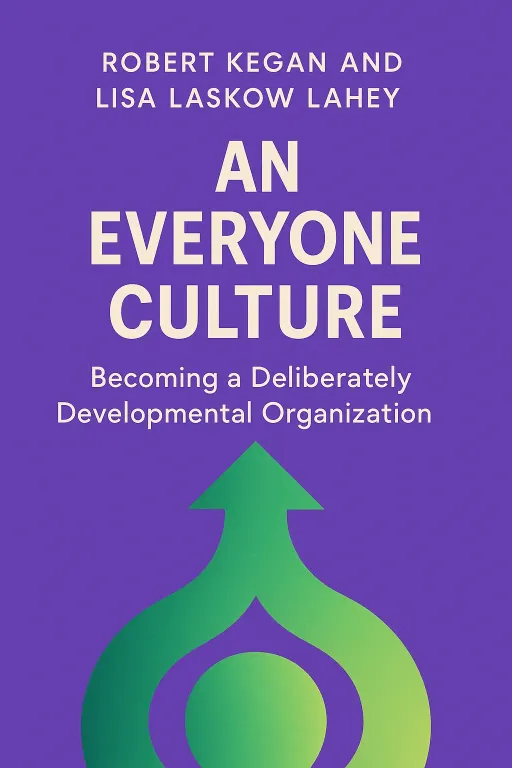
An Everyone Culture
Robert Kegan
Explore how organizations can create a culture where everyone is growing and developing, leading to increased fulfillment, prosperity, and adaptability. Discover the principles and practices of Evolutionary Organizations and how they use purpose, transparency, and reputation to foster freedom and responsibility.
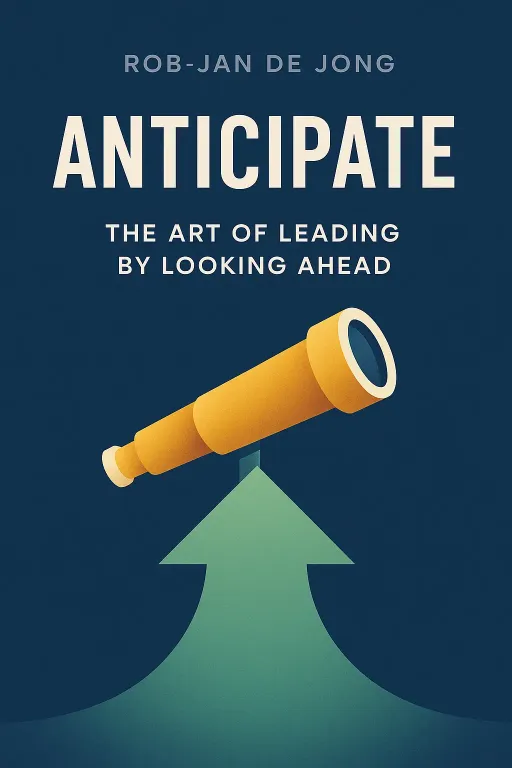
Anticipate
Rob-Jan de Jong
Explore the art of visionary leadership and learn how to anticipate the future, develop a compelling vision, and inspire your followers. This book provides practical guidance and tools to help you become a more forward-oriented and inspirational leader.
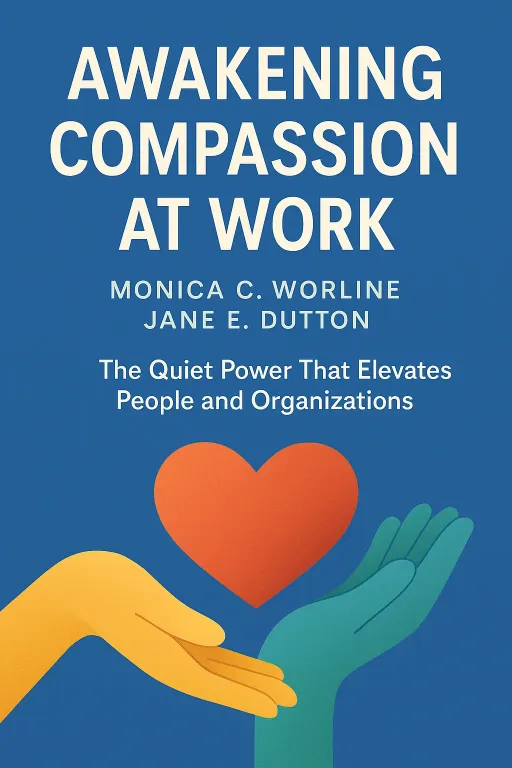
Awakening Compassion at Work
Monica C. Worline
Discover how compassion in the workplace can transform organizational culture, boost productivity, and enhance employee well-being. This book provides a science-based approach to understanding and implementing compassion, offering practical guidance for leaders and employees alike to create a more caring and effective work environment.
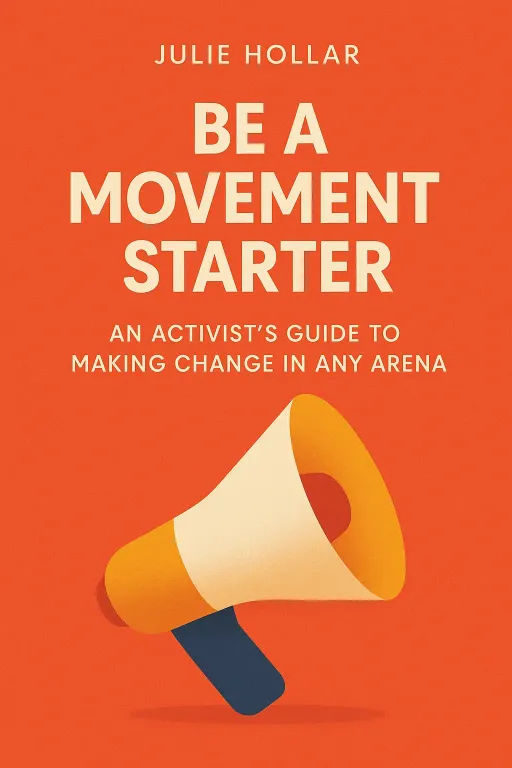
Be a Movement Starter
Julie Hollar
Discover how ordinary people can spark extraordinary change and mobilize others to bring their visions to life. This book provides the tools and inspiration to become a movement starter, whether in business, activism, or everyday life. Learn how to create a vision, inspire people, and overcome obstacles to lead change and make a lasting impact on the world.
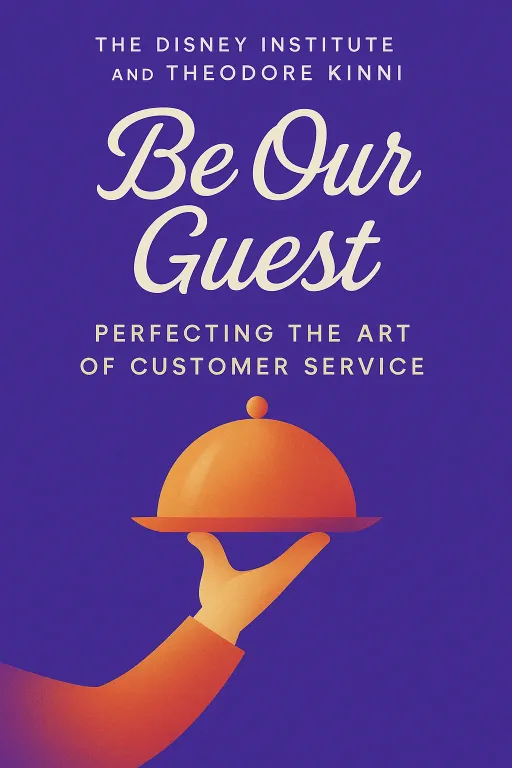
Be Our Guest
The Disney Institute
Discover the secrets behind Disney's world-renowned customer service. This book takes you behind the scenes to explore the principles and practices that make Disney a benchmark for exceptional guest experiences. Learn how to create your own brand of practical magic and elevate customer satisfaction in any organization.